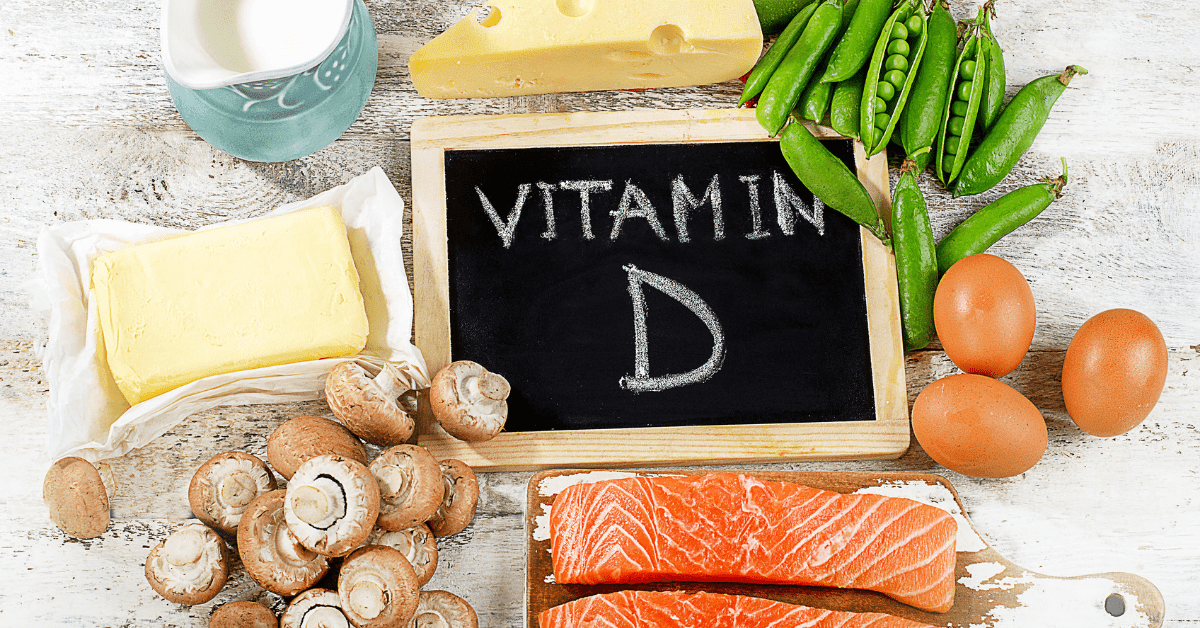
When you hear someone say vitamin D, your first thought may be about the sun. What if we told you that there are natural food sources of vitamin D that are just as useful and effective as stepping outside in the sunshine? Ever wonder why vitamin D is so important anyway? Stay tuned to find out…
Vitamin D is a nutrient that helps maintain strong bones and overall health. It helps absorb calcium and phosphorus and brings these minerals to our bones and teeth. Vitamin D also helps regulate the amount of calcium in our blood. Calcium and vitamin D work together to protect against the loss of bone mass.
Not only does vitamin D assist with bone health, it also helps with proper muscle function by helping the brain and body communicate through the nervous system. The immune system also needs vitamin D to fight off bacteria and viruses.
There are three ways to get vitamin D: the sun, food, or supplements.
The Sun
Vitamin D is also known as the sunshine vitamin. When unprotected skin is exposed to sunshine, your body can convert the sunlight into vitamin D. Be careful not to experience overexposure to sunlight without skin protection.
Food
There are few foods that contain naturally occurring vitamin D. The best sources are fatty fish like salmon and mackerel. Beef liver, cheese, and egg yolks provide small amounts of vitamin D. Also, mushrooms, when grown under UV lights, are a good source of vitamin D.
Certain foods are fortified with vitamin D. These foods include most milk and some cereals, as well as some orange juice brands, yogurt, cheese, and most soy beverages. You can find the vitamin D content of these fortified foods on the Nutrition Facts label. Try incorporating some of these natural and fortified foods into your diet regularly.
Supplements
Specific populations may be in need of extra vitamin D. These individuals may include seniors, breast-fed infants, and people with darker pigmentation of the skin. Those with medical conditions including liver disease, cystic fibrosis, celiac disease, and Crohn’s disease may also need higher levels of vitamin D. People with obesity or those who have had gastric bypass surgery may require higher intakes due to lower absorption rates. Always contact your primary care physician prior to starting a vitamin D supplement.
If you’re looking for ways to incorporate more vitamins or nutrients into your diet, let’s set up a FREE nutrition consult to get started!
Schedule a Nutrition ConsultationWritten by Sarah Brunner, RDN, CD; Elite Sports Clubs Registered Dietitian
Sarah is certified in food allergies/intolerances and nutritional counseling, Academy of Nutrition and Dietetics; has a certificate in Dietetics from Mount Mary University; and a BA in Education and Mathematics from the University of Wisconsin – La Crosse.
